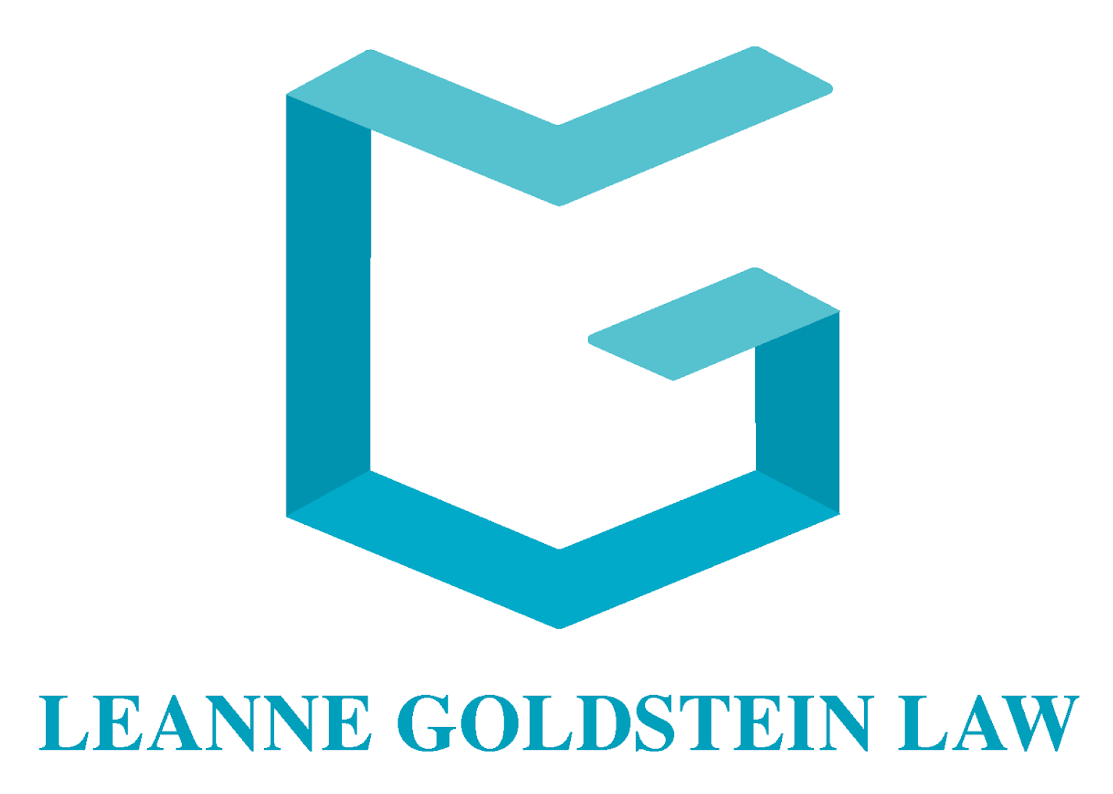Facing a medical condition that remains undiagnosed can be an incredibly stressful experience. When symptoms are present but a definitive diagnosis has not been made, individuals may find themselves in a challenging position, particularly when seeking disability benefits. This blog post explores the complexities surrounding undiagnosed conditions in the context of disability claims and offers insights into navigating this uncertain terrain.
The Challenge of Undiagnosed Conditions
For many, the journey to a clear medical diagnosis is fraught with obstacles. Symptoms might be clear and debilitating, yet without a specific diagnosis, these symptoms can be difficult to quantify and explain in a disability claim.
Complex Medical Landscape: Undiagnosed conditions often involve symptoms that overlap with various diseases, making it hard for medical professionals to pinpoint a specific diagnosis.
Psychological Impact: The uncertainty and stress of an undiagnosed condition can also exacerbate the individual’s situation, adding a layer of mental and emotional strain.
Seeking Disability Benefits Without a Diagnosis
While challenging, it is not impossible to seek disability benefits without a definitive diagnosis.
Documenting Symptoms and Impacts: Keep detailed records of your symptoms, their frequency, and how they impact your daily life and ability to work. This documentation can be crucial in supporting your claim where your diagnosis remains elusive
Medical Evidence: Even without a diagnosis, medical evidence, including test results, doctor’s notes, and observations, are vital. They can demonstrate the extent of your investigation and the seriousness of your condition. They can demonstrate that you experience ongoing symptoms that are functionally debilitating.
Expert Opinions: Opinions from healthcare professionals, even in the absence of a diagnosis, can lend weight to your claim. They can attest to your symptoms and the efforts made to diagnose your condition as well as the impact of your symptoms on your activities of daily living and ability to function in the workplace.
Navigating the Claims Process
The process of claiming disability benefits without a diagnosis requires careful navigation.
Communicating with Insurers: Be transparent with your insurance provider about your condition and the steps that you are taking to diagnose and manage your symptoms. Keep insurers advised of your ongoing efforts to seek medical attention and specialist intervention.
Legal Assistance: Consider consulting a lawyer specializing in disability claims. They can guide you in presenting your case effectively, especially when traditional medical evidence is lacking and the insurer is taking the position that there is insufficient medical evidence to support your claim
Legal Considerations
Understanding your legal rights is important in advocating for yourself in the disability claims process.
Disability Laws: Familiarize yourself with the disability laws in your region, as they often define disability in terms of how a condition affects your ability to work, rather than the condition itself.
Challenging Denials: If your claim is denied, you have the right to challenge this decision. A lawyer can help you understand the grounds for denial and how to appeal it effectively or whether commencing litigation would be appropriate.
Supporting Your Health and Well-being
While navigating disability claims, prioritizing your health and well-being is crucial.
Seeking Continual Medical Care: Continue working with your healthcare providers to pursue a diagnosis and appropriate treatments.
Support Systems: Lean on support systems, including family, friends, and support groups, for emotional and practical support during this challenging time.
Conclusion
Navigating the path to disability benefits with an undiagnosed condition is undoubtedly challenging, but not insurmountable. With meticulous documentation, medical support, and the right legal guidance, individuals can make a compelling case for their need for benefits. Understanding your rights and advocating for your health and well-being remains paramount throughout this process.
